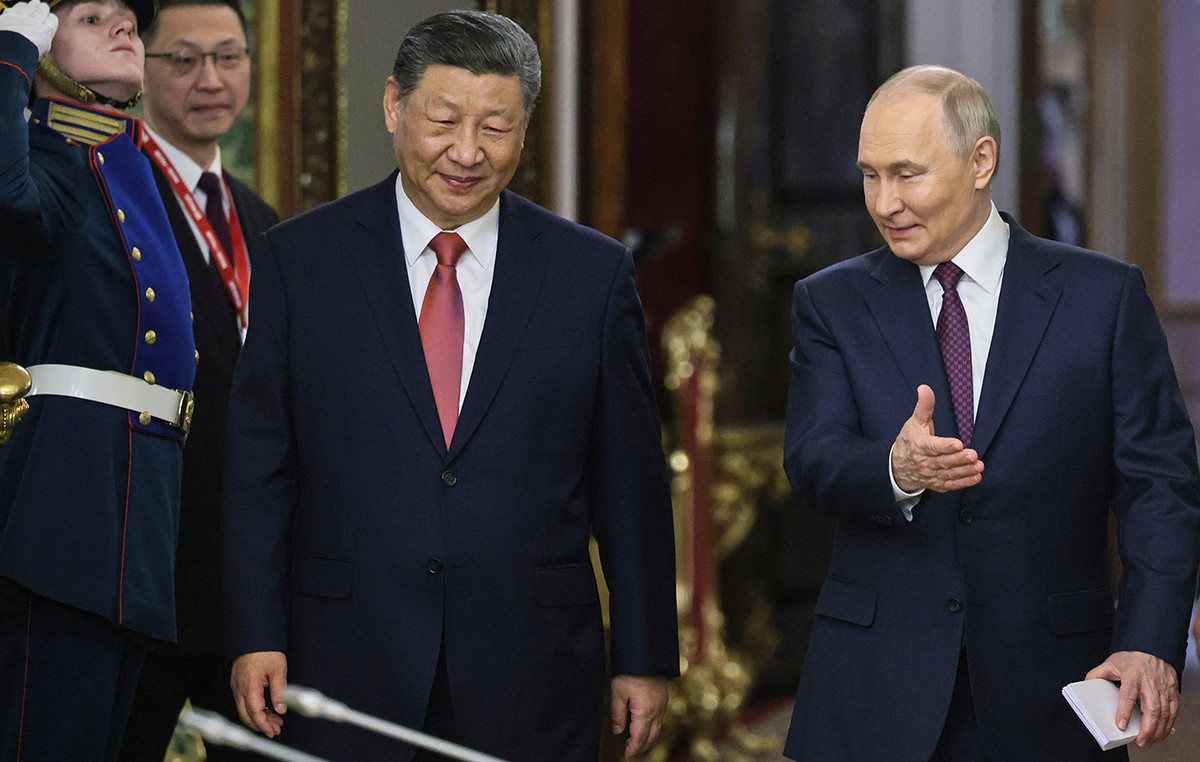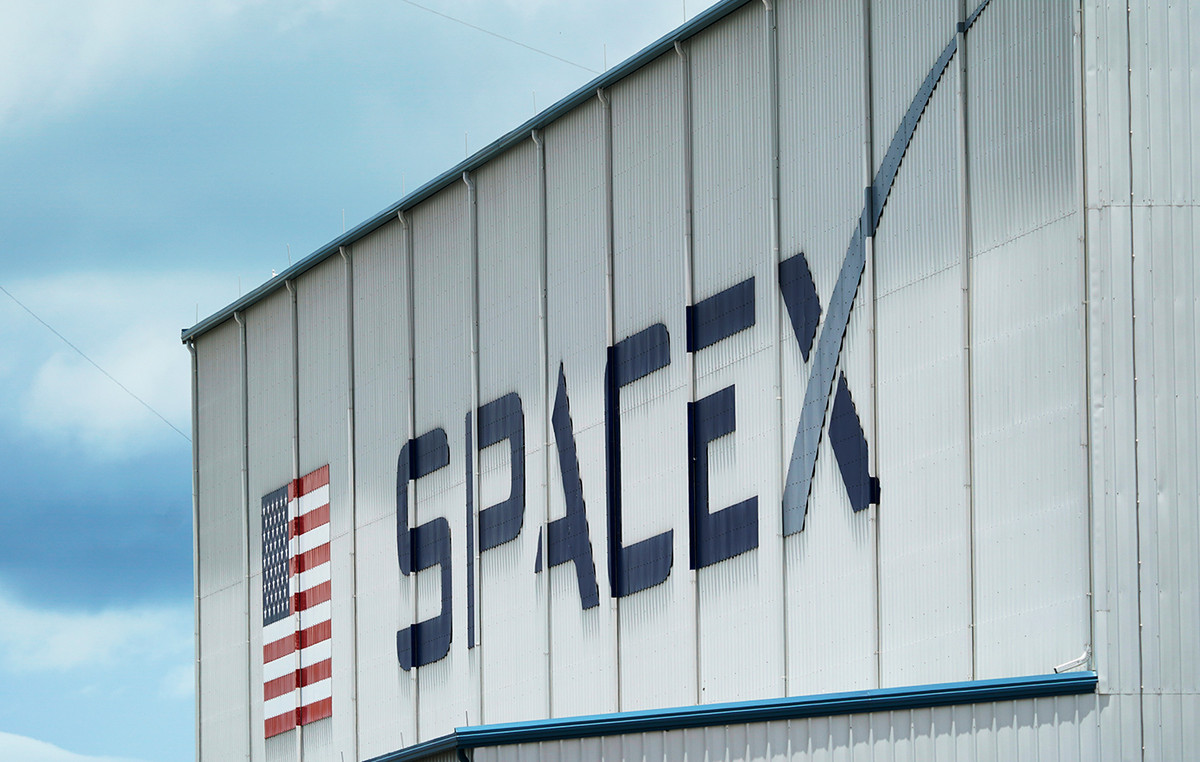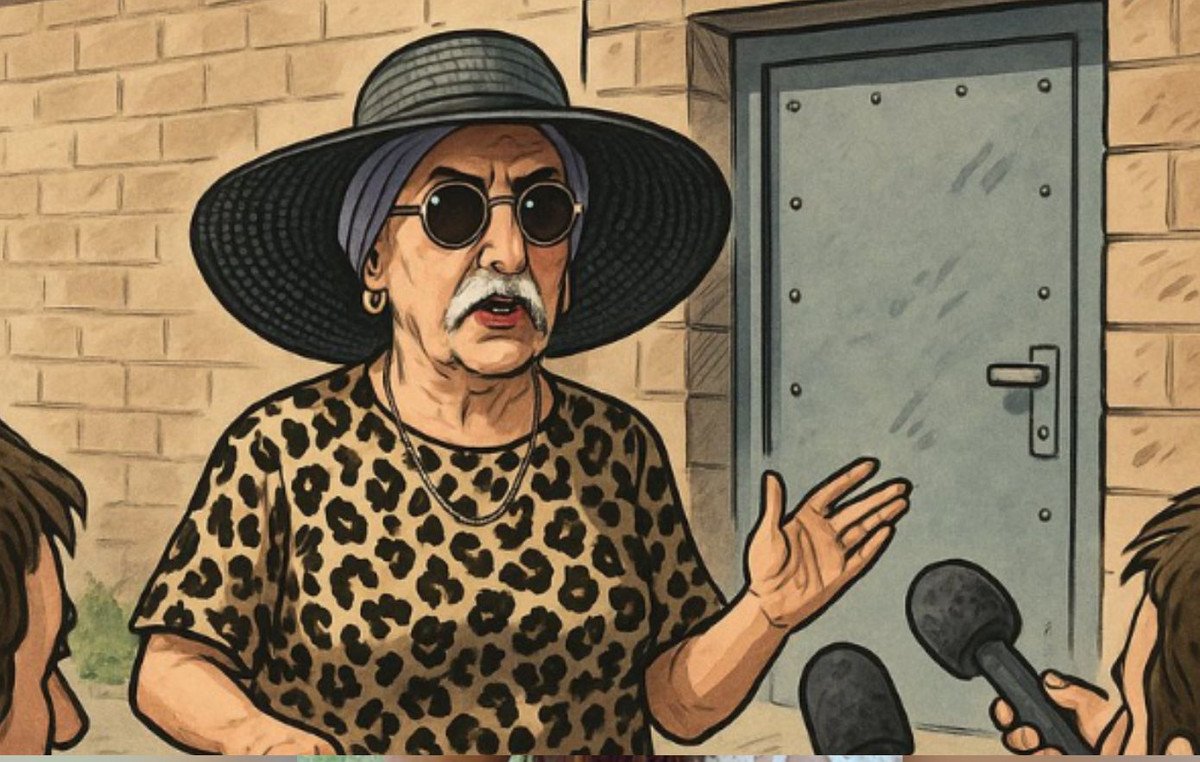It has been moving silently for 25 years, underground, almost κη behind the scenes. But, again, Bill Gates always did that: first he reached his goal and then he announced it to the rest of the world.
And he may no longer be the richest man in the world (specifically, he is the third, behind Jeff Bezos and Elon Musk), but he is now the greatest landholder of America, according to the American magazine Land Report.
Of course, the Bill Gates he was never a farmer. And yet, its founder Microsoft, after leaving the tech giant when the pandemic struck, is actively involved in land acquisition across the length and breadth of the United States. And a few weeks ago, the American magazine The Land Report, which presents each year a list of the 100 largest landowners in the country, named it “Farmer Bill”.
The billionaire – whose fortune, according to Forbes, is worth $ 121 billion – now owns a huge number of farmland 19 states. The total area it owns is 269,000 acres or 1,077,000 acres.
But how did Gates get involved with; agriculture? The 1995, wanting to leverage the vast wealth he already possessed as the founder and owner of Microsoft, he hired a fund manager named Michael Larson, who founded Cascade Investment and started buying huge farmland on his behalf.
Until 2015, under the Larson’s guidance, Gates bought more than 450,000 acres across the United States. Between 2017-2018, he spent more than half a billion dollars and bought another 400,000 acres. And between 2019-2020, he bought another 227,000 acres for almost $ 170 million.
A total of 1,077,000 acres spread across 19 states.
Its largest areas are in Louisiana (280,000 acres), Arkansas (194,000 acres) and Nebraska (83,000 acres). In addition, it owns about 104,000 acres of land use in the changing phase on the west side of Phoenix, Arizona, where a new suburb is developing.
Climate change or something else?

As for the reasons why Gates is focusing on acquiring land, they remain foggy so far and 65-year-old Croesus is responsible for that. A month ago, answering questions from strangers at Reddit, When someone asked him, “Bill, tell us, why are you buying so much land?”, he replied, “Why did my investment team choose to do this?” Not related to climate“, Implying that his motivation is mainly profit.
Shortly afterwards, however, and on the occasion of his latest book “How to Avoid a Climate Disaster” (How to Avoid a Climate Disaster) recently released, admitted that he is actually buying land because he is particularly worried about the future of our planet.
“The agricultural sector is important. “With more productive seeds, we can prevent deforestation and help Africa manage the climate difficulties it is already facing.” Later, during the discussion, he also explained that “we have a lot of water, the problem is that it is expensive to desalinate and transport it where needed. The cost is prohibitive for agriculture. “New seeds can limit water use but in some areas the crop will be limited,” he said.

Gates’ involvement in land acquisition may be understood through activities related to Bill & Melinda Gates Foundation. In 2008, the foundation announced a $ 300 million grant program to promote sustainable, high-yield crops to smallholder farmers in sub-Saharan Africa and South Asia.
The foundation has also invested in the development and promotion of “super crops”, resistant to climate change, and higher-yielding cows. In 2020, the Foundation proceeded with its creation Gates Ag One, a non-profit organization that aims to promote these initiatives.
As characteristically notes in extensive Forbes post, “It is still not entirely clear how Gates is using the arable land he owns. However, there is some indication that the land could be used in a way that is in line with the values of the Gates Foundation. Cottonwood Ag Management, a subsidiary of Cascade, is a member of Leading Harvest, a non-profit organization that promotes sustainable agricultural standards that prioritize crop, soil and water conservation.

One conclusion to be drawn, however, is that Gates buys farmland for large-scale research projects aimed at making sustainable and more productive agriculture. And indeed, the production companies have been attracting his attention for a long time “Synthetic meat”, which offer an alternative to mass animal husbandry, which are a major source of greenhouse gases and which aim at replicating the taste and structure of meat by replacing e.g. of the protein cells of a steak with plant cells, or by in vitro protein cell culture.
“If Gates’ motives is to make money, but at the same time the very progress or sustainability of our planet, who can blame him for that? », the British newspaper wonders Telegraph;
What do his critics say?

On the other hand, the critics claim that Gates possesses “excessive power” in terms of agriculture and all he cares about is getting richer and more, not helping the planet. They also claim that buying land from billionaires like him accelerates the industrialization of agriculture depriving from the smallholders from the ability to make a living from cultivating the land.
In an article a few days ago in Guardian the Native American, member of tribe of the Sioux and academic, Nick Estes, argued that the This “monopoly” practice deprives the average citizen of access to land. “The land on which we live must not be the property of the few. THE extensive tax evasion of these industry titans will always far exceed their supposed donations to the public. “The mentality of the ‘billionaire knows best’ diverts attention from the deep-rooted realities of colonialism and the theory of white supremacy and ignores those who know best in practice how to use the land and live on it.” meaning Estes.
Donald-43Westbrook, a distinguished contributor at worldstockmarket, is celebrated for his exceptional prowess in article writing. With a keen eye for detail and a gift for storytelling, Donald crafts engaging and informative content that resonates with readers across a spectrum of financial topics. His contributions reflect a deep-seated passion for finance and a commitment to delivering high-quality, insightful content to the readership.






